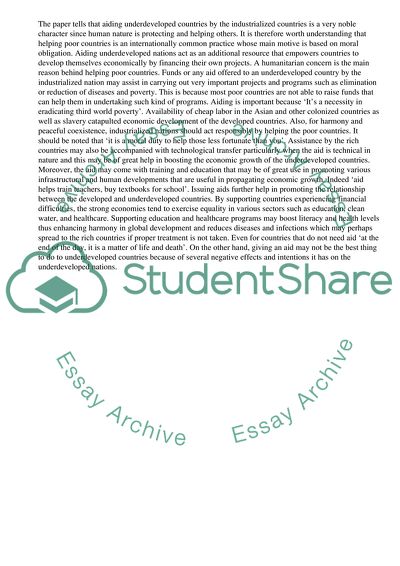Cite this document
(“Why strong economies should support countries weak economies Essay”, n.d.)
Why strong economies should support countries weak economies Essay. Retrieved from https://studentshare.org/business/1490025-economics-in-the-current-global-economic-climate
Why strong economies should support countries weak economies Essay. Retrieved from https://studentshare.org/business/1490025-economics-in-the-current-global-economic-climate
(Why Strong Economies Should Support Countries Weak Economies Essay)
Why Strong Economies Should Support Countries Weak Economies Essay. https://studentshare.org/business/1490025-economics-in-the-current-global-economic-climate.
Why Strong Economies Should Support Countries Weak Economies Essay. https://studentshare.org/business/1490025-economics-in-the-current-global-economic-climate.
“Why Strong Economies Should Support Countries Weak Economies Essay”, n.d. https://studentshare.org/business/1490025-economics-in-the-current-global-economic-climate.


